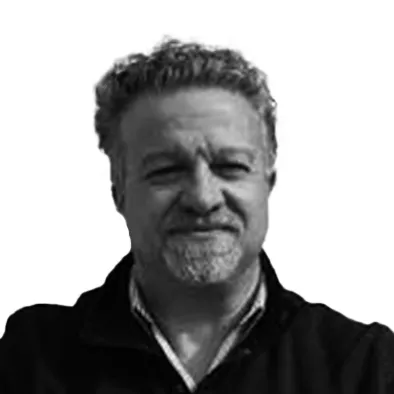Giovanni
Masino

ITALY Full Professor University of Ferrara Visiting Faculty
Giovanni Masino is Professor of Organisational Behaviour and Organisational Theory at the Department of Economics and Management, University of Ferrara. He holds a PhD in Organisational Theory from the University of Bologna. His main research interests include work organisation, job crafting, leadership, people development, new technologies and organisational change, decision making, motivation, human resource management, on which he has published several books and over 70 scientific articles in international and national peer-reviewed journals.
COURSES
The public governance of PAs increases the effectiveness of policies and public strategies and of their related performances in the perspective of the creation of Public Value, where a culture of people management is designed and nurtured. Organizing and managing effectively, at every level, and in any organizational context, requires a developed ability to enhance people and their soft skills: in other words, it’s necessary to create the conditions so that people can and want to give the best of themselves. Therefore, it’s a question of conveying motivations, of helping people take effective decisions, of managing productive organizational and interpersonal relationships, of disseminating problem solving abilities, of change management, proactivity, flexibility, identification with the team and the organization. These are the essential ingredients for a truly effective leadership. To this aim, nonetheless, the experience and sensitivity of the leader are important elements, but still not sufficient. It’s a question of being able to use simple but powerful techniques, as they’re based on the scientific knowledge sets on people, on their behavior and their individual and group psychology and being able to combine them with organizational and managerial sets of knowledge. A modern, aware, and effective leadership is necessarily based on such a crossroads of disciplines, knowledge sets and techniques. The course will provide these fundamental knowledge sets, leveraging on already available practical examples, in particular in public contexts, which will help participants not only to assimilate such knowledge sets but also to imagine how to apply them, practically, in their work context.
The Public Value Manager will be able to design and govern the management and development systems of human resources and will be able to use management, productivity, motivation and enhancement tools for public employees and executives, from the perspective of the organizational well-being. The skills acquired during this course are cross-cutting, as they’re helpful to develop the professionalism of individuals at every level, in every sector and organizational area. Such skills will be of help for both leaders at every level to improve their effectiveness in their decision-making and coordination activities, and collaborators for them to increase their awareness about the role they can play within teams and organizations, to build more rewarding relationships with the others and derive a higher and more satisfying meaning from their work.
The course provides the essential tools for managing working groups and personal development. Businesses increasingly need developing a collective, widespread leadership, able to combine the need of taking decisions with the need to listen; the need of letting individuals’ potential emerge with the need of mediating among different requirements. The modern world increasingly needs people who are more able to express themselves and more able to be together. Specifically, the aim of this course is to provide the basic tools to achieve these objectives.
Technology and InnovationThe main theories of the relationship between technological and organizational change. New technologies and decision making. The new technologies, forms of interdependencies and coordination. The change of skills. Technological dynamics and transformation of work processes. The computerized management of knowledge. Organizational communication through technology.
HR & Organization